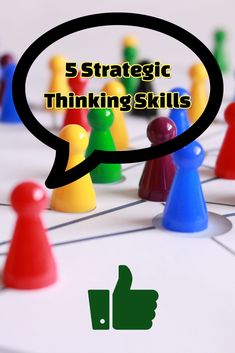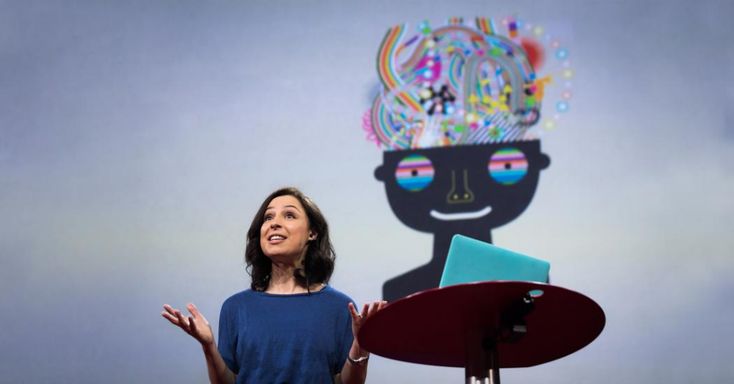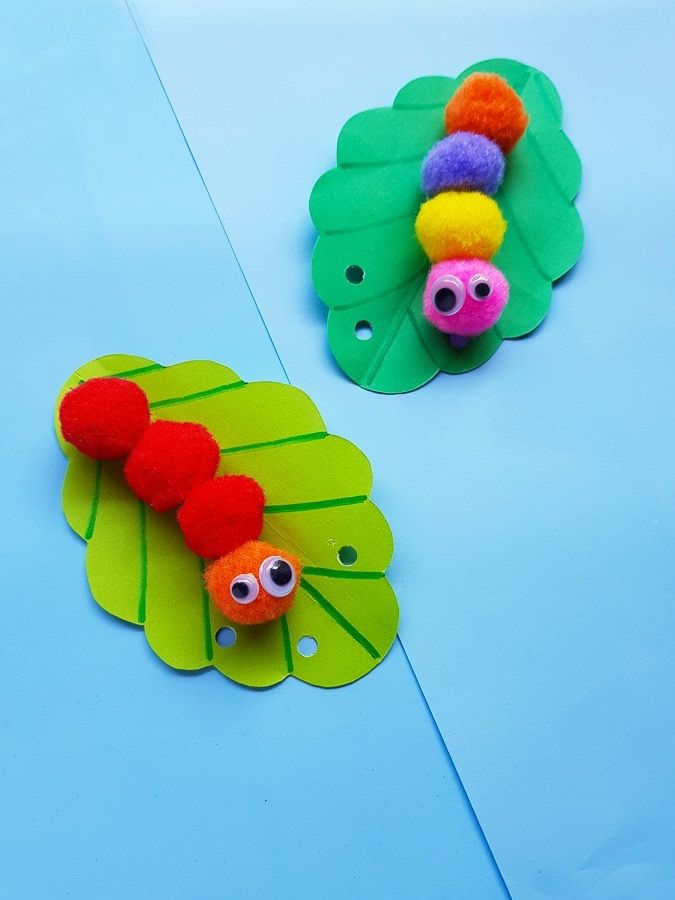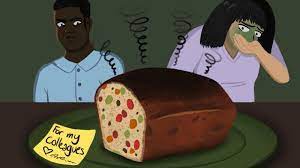In today’s competitive world, nurturing and challenging the abilities of young gifted and talented children is crucial. Primary enrichment programs designed to foster their unique talents ensure that these students receive the support they need to reach their full potential. This article will delve into the importance of primary enrichment programs for gifted and talented students and outline various strategies education systems can adopt to cater to their needs.
Understanding Giftedness in Children
Gifted and talented children exhibit exceptional cognitive abilities, outperforming their peers across various domains such as mathematics, language arts, and science. They are characteristically self-motivated, curious, creative, and adaptable learners who thrive when exposed to new challenges. Identifying these children early on is critical, as it enables educators to provide enriching experiences that cater to their particular strengths and needs.
The Role of Primary Enrichment Programs
Primary enrichment programs offer targeted activities designed to stimulate intellectual, social, emotional, and physical development in gifted children. These initiatives recognize the unique talents of individual students by providing a plethora of opportunities for exploration and growth beyond standard curricula. Some key benefits of primary enrichment programs include:
1.Enhanced Academic Achievement: Through an individualized approach, these programs allow talented students to delve deeper into subjects that interest them while also fostering the development of new skills in other areas.
2.Emotional Support: Gifted children often experience heightened emotions, making it crucial for them to receive ongoing guidance from educators who understand their needs.
3.Social Development: Nurturing gifted children within an inclusive learning environment allows them to better connect with like-minded individuals while developing essential social skills.
4.Promoting Creativity: Primary enrichment programs encourage creativity by providing diverse activities that stimulate imagination and foster innovation.
Strategies for Implementing Primary Enrichment Programs
1.Differentiation: Modify lessons based on student interests, learning preferences, and readiness levels to ensure that all students receive appropriate intellectual challenges and meaningful educational experiences.
2.Curriculum Compacting: Streamline the regular curriculum for gifted learners by identifying and eliminating unnecessary repetition, allowing them to spend more time on activities that extend their knowledge and skills.
3.Independent Study: Provide opportunities for students to pursue self-directed projects that align with their interests and capabilities.
4.Group Activities: Create opportunities for collaboration among gifted students, allowing them to work on tasks that require higher-order thinking skills and challenge their abilities.
5.Mentorship Programs: Pair gifted children with mentors who have similar talents or interests, fostering a supportive relationship where they can exchange ideas and insights.
In conclusion, primary enrichment programs play a pivotal role in supporting the growth of gifted and talented children. By offering targeted academic experiences and fostering critical thinking, creativity, emotional intelligence, and social skills, these initiatives empower our brightest young minds to achieve their full potential. By recognizing the unique needs of gifted learners early on, educators can help mold these students into future leaders who will chart the course for innovation and progress in our world.











